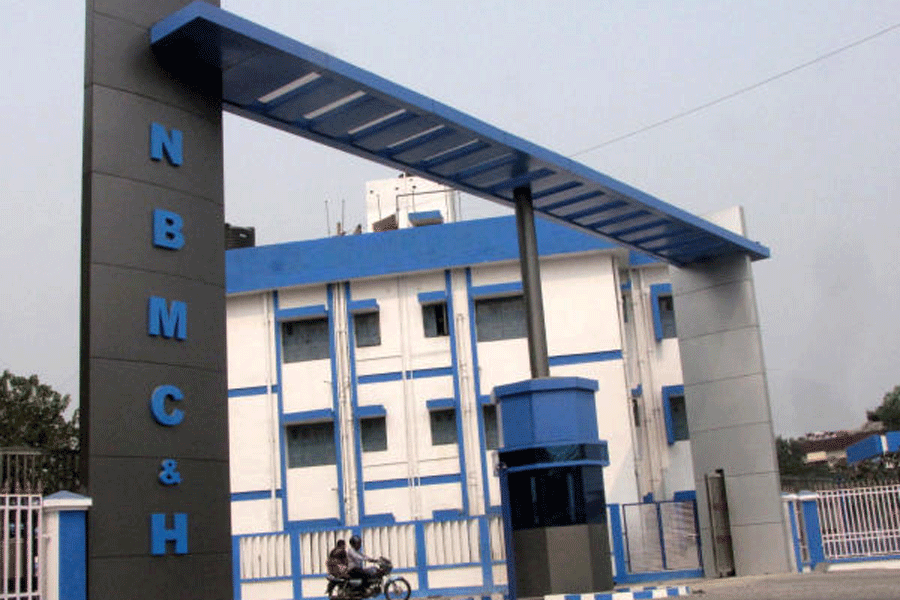A Poison Information Centre (PIC) will come up at the North Bengal Medical College & Hospital (NBMCH) here.
According to sources, the Union health ministry recently approved a proposal to set up 50 PICs at government-run healthcare establishments across India. The 50 healthcare facilities include the NBMCH and the Kolkata Medical College and Hospital. The NBMCH is the largest state referral hospital in north Bengal.
Rajiv Prasad, head of the forensic medicine department at the NBMCH, said the PIC would play a critical role in managing life-threatening cases caused by poisoning, particularly snakebites, which account for a substantial portion of poisoning incidents in north Bengal.
“In Bengal, PICs will come up at two medical colleges. We aim to educate the public about the importance of timely medical intervention and dispel harmful myths surrounding snakebites,” he said.
Prasad pointed out that experts always highlighted the challenges posed by superstitions and the lack of awareness in rural areas, leading to delays in seeking medical care in case of poisoning, especially snakebites. These delays often result in
preventable fatalities.
The PIC at the NBMCH will have a state-of-the-art laboratory equipped with advanced technology to support research and the treatment of poisoning cases.
Prasad said: “We have been working to save lives from snakebites but lack of necessary tools has been a significant hurdle. This project will address the challenges and enable us to appoint researchers to advance our efforts and the centre will also act as a hubfor training.”
Sources said north Bengal recorded 250 to 300 poisoning cases each month, with 25 to 30 per cent attributedto snakebites.
“The region’s heavy reliance on agriculture and its proximity to forested areas make it particularly vulnerable to such incidents. Rural communities, which account for nearly 70 per cent of these cases, will be the focus of awareness campaigns launched alongside the centre,” said a source atthe NBMCH.
At the PIC, researchers will work on developing antidotes and improving treatment protocols. Senior doctors will train the junior medical staff in the techniques of poison management,said sources.











